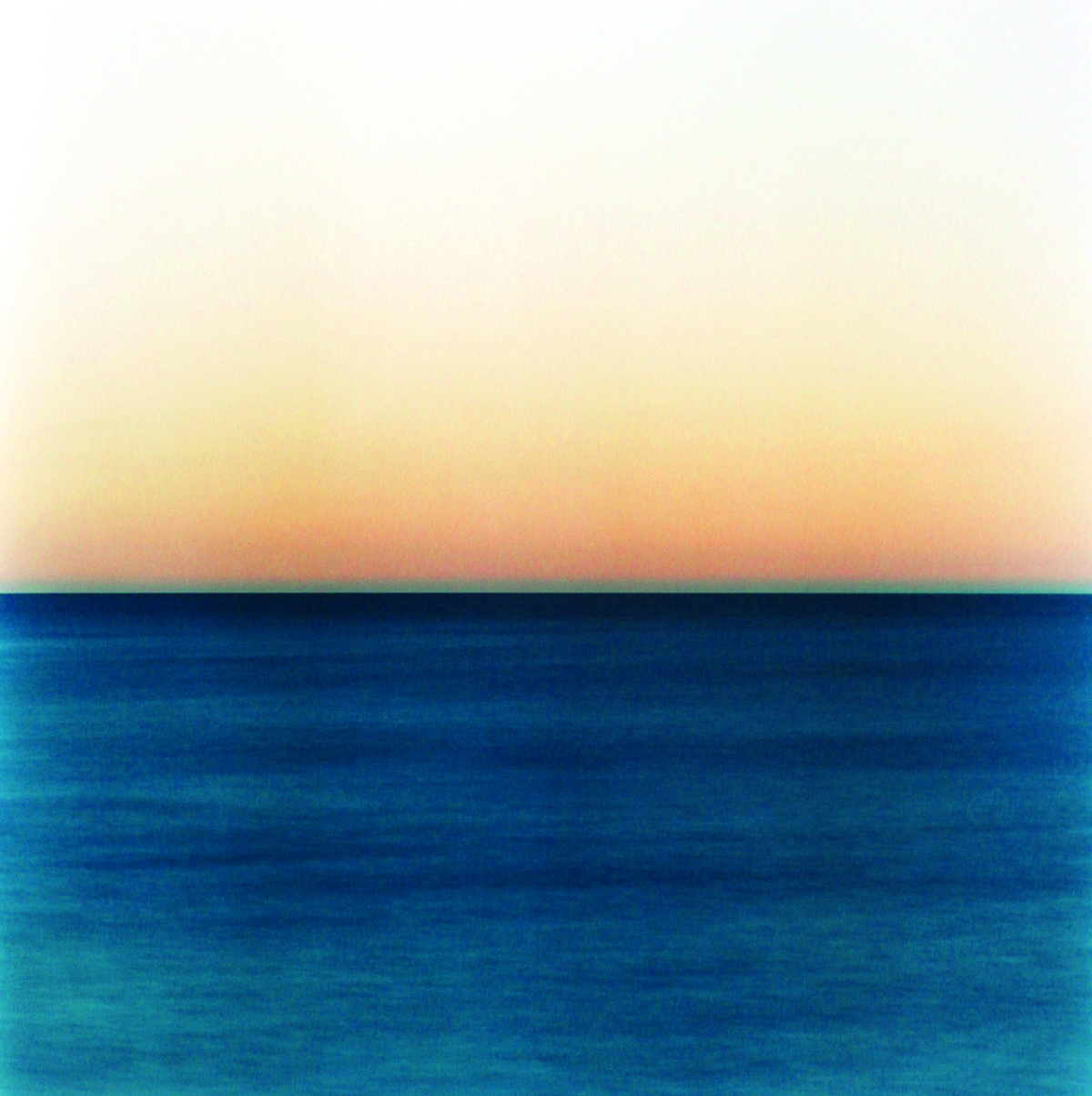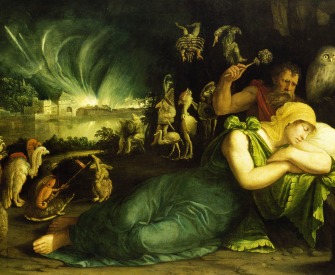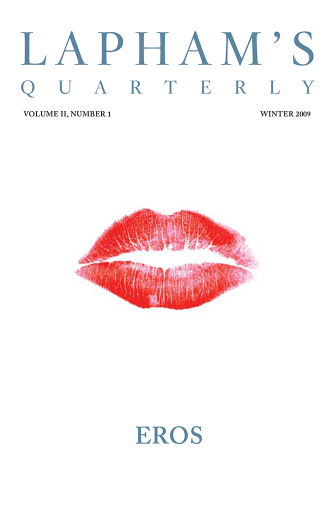When spring came, and the banks of the Hudson were a fresh, clean green, and the New York–Albany boats appeared on the river, I thought it was about time to leave the dead ships and find a vessel that was moving. So I quit the fleet and went back to New York, determined now to get on a boat actually going somewhere. It didn’t take long. My red-headed steward gave me a splendid recommendation: “Competent, courteous, capable, trustworthy, and efficient.” So I took his letter to a shipping office and that very day was assigned a boat sailing for Africa—providing the Filipino steward didn’t mind a Negro in his crew. He didn’t, so I got the job.
I’d left a box of books in Harlem in the fall, and before we sailed I went after them. I brought them aboard ship with me. But when I opened them up and looked at them that night off Sandy Hook, they seemed too much like everything I had known in the past, like the attics and basements in Cleveland, like the lonely nights in Toluca, like the dormitory at Columbia, like the furnished room in Harlem, like too much reading all the time when I was a kid, like life isn’t as described in romantic prose; so that night, I took them all out on deck and threw them overboard. It was like throwing a million bricks out of my heart—for it wasn’t only the books that I wanted to throw away but everything unpleasant and miserable out of my past: the memory of my father, the poverty and uncertainties of my mother’s life, the stupidities of color prejudice, black in a white world, the fear of not finding a job, the bewilderment of no one to talk to about things that trouble you, the feeling of always being controlled by others—by parents, by employers, by some outer necessity not your own. All those things I wanted to throw away. To be free of. To escape from. I wanted to be a man on my own, control my own life, and go my own way. So I threw the books in the sea.
Whiffs of salt spray blew in my face. It was dark. Up on the poop, the wind smelled good, but I was sleepy, so I went down a pair of narrow steps into the cabin with George and Puerto Rico, and we laughed about George’s landlady, who didn’t know he had left Harlem for Africa that evening.
Then I went to bed.
The first day out of New York Harbor, the sailors began to clean up the ship. All the filth and garbage that had accumulated in the harbor was dumped into the ocean, and the limpid blue-green of the sea received the garbage and swill, and didn’t seem to be dirtied at all. That is one of the many wonders of the sea—that the garbage and bilgewater of ten thousand ships is dumped into it every day, and the sea is never dirty.

Wake, by Iain Stewart, 2000. © Iain Stewart, courtesy of Julie Saul Gallery.
Soon our ship became bright and shining, the brass all polished, the decks chipped, and the bulkheads painted. And the crew became rested and clean, sleep all caught up after nights ashore in New York. The sun was very bright, a brisk breeze was blowing, the spray salty and cool, the waves foamy white, and the air like a tonic in the lungs. And nobody was afraid of being hungry or homeless or out of work or not needed in the scheme of things for six months as we headed toward Africa.
The crossing was bright and sunny. We reached the Azores, the Canaries, and finally Africa. A long, sandy coastline, gleaming in the sun. Palm trees sky-tall. Rivers darkening the sea’s edge with the loam of their deltas. People, black and beautiful as the night. The bare, pointed breasts of women in the marketplaces. The rippling muscles of men loading palm oil and cocoa beans and mahogany on ships from the white man’s world, for that was why our ship was there—to carry away the treasures of Africa. We brought machinery and tools, canned goods, and Hollywood films. We took away riches out of the earth, loaded by human hands.
We paid very little for the labor. We paid but little more for the things we took away. The white man dominates Africa. He takes produce, and lives, very much as he chooses. The yield of earth for Europe and America. The yield of men for Europe’s colonial armies. And the Africans are baffled and humble. They listen to the missionaries and bow down before the Lord, but they bow much lower before the traders, who carry whips and guns and are protected by white laws, made in Europe for the black colonies.
From The Big Sea. Hughes was twenty-one years old when he sailed on the Africa-bound West Hesseltine, where he worked in the ship’s mess. While the ship was docked in Sierra Leone, Kru tribesmen came aboard, and he was surprised to learn that, owing to his light skin, the Africans believed him to be white. Hughes became a leading figure in the Harlem Renaissance, publishing The Weary Blues in 1926 and Fine Clothes to the Jew in 1927. He died in New York City in 1967.
Back to Issue



